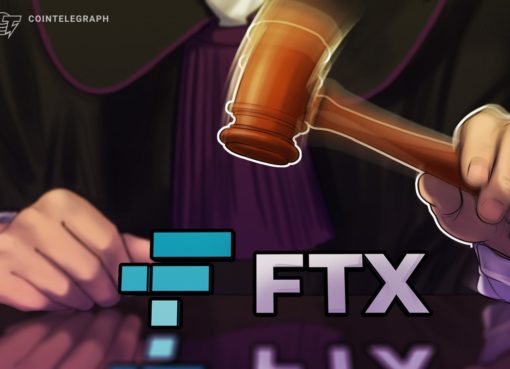The native token of Casey Rodarmor’s Ordinals Protocol recorded double-digit price gains in 24 hours during the holidays, along with other BRC-20 cryptocurrencies.
ORDI rallied as much as 37% on Dec. 25, with its daily trading volume and market capitalization moving in tandem, per CoinMarketCap. Traders swapped over $900 million worth of the crypto, a 131% increase compared to the previous day.
The crypto commanded a $72 per token price tag as its market cap gained 35% and sat above $1.5 billion at press time. No significant news or development preceded the price movement, although several other Bitcoin (BTC) inscription coins also pumped amid what could be a profit rotation period.
Ordinals on Bitcoin
ORDI is underpinned by the Bitcoin Request for Comment (BRC-20) token standard developed by pseudonymous developer Domo. The idea is to enable transferable assets on BTC’s network by allowing users to create and trade tokens on crypto’s largest blockchain, akin to ERC-20 cryptos on Ethereum (ETH) and a defi ecosystem.
Casey Rodarmor started the Ordinals Protocol and its native asset, which is believed to be one of the first Bitcoin inscriptions. The project started in the first half of 2023 and has since grown into a billion-dollar crypto asset. Other BRC-20 tokens have also been issued, and this crypto category now boasts a market cap north of $2.1 billion, according to CoinGecko.
Despite the growing popularity of Bitcoin inscriptions and similar activity on other top-tier blockchains, some developers believe the token standard to be a code bug and argue for its expulsion from crypto’s leading decentralized network.
Bitcoin Core developer Luke Dashjr called inscriptions a fraud and proposed network upgrades to stem BRC-20 issuance on BTC’s network. The issue was also reported to U.S. authorities and recognized as a vulnerability by the National Vulnerability Database.
Still, Inscriptions continue gaining steam across several blockchains, sometimes triggering massive transfer fees and network outage spikes.




